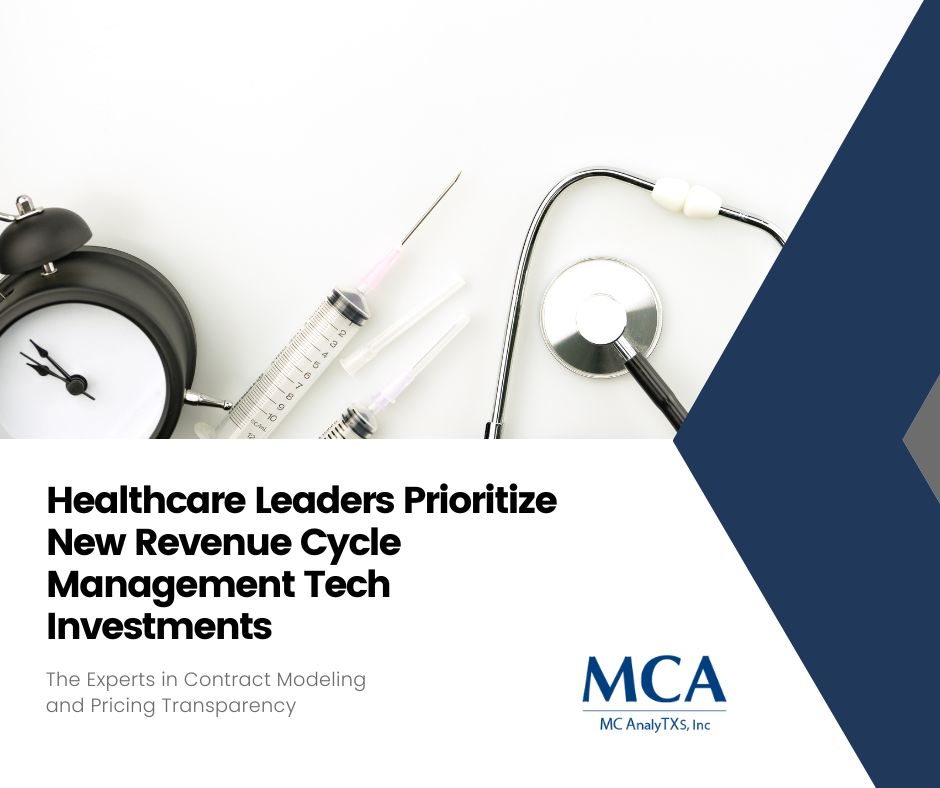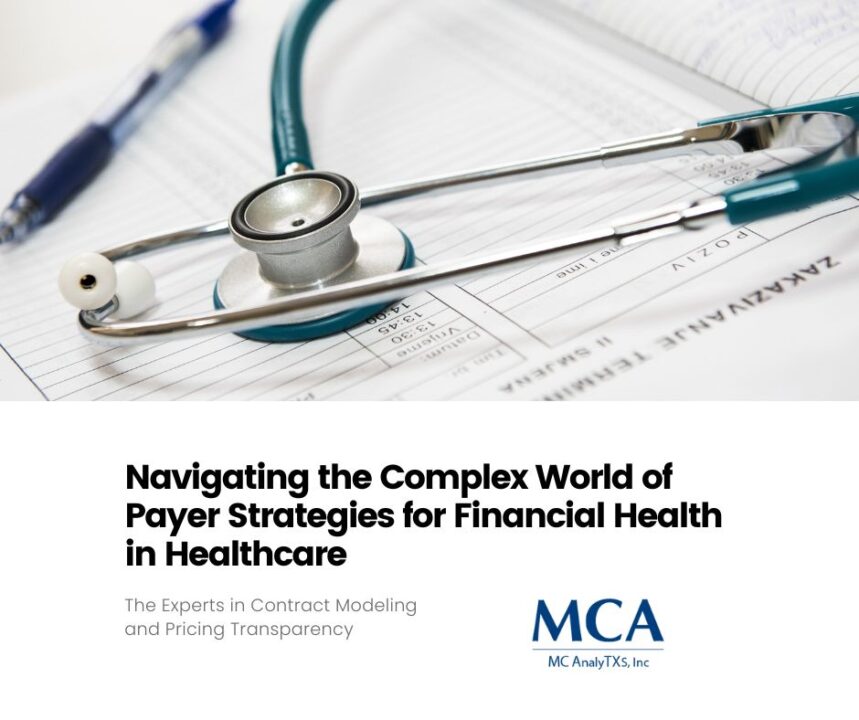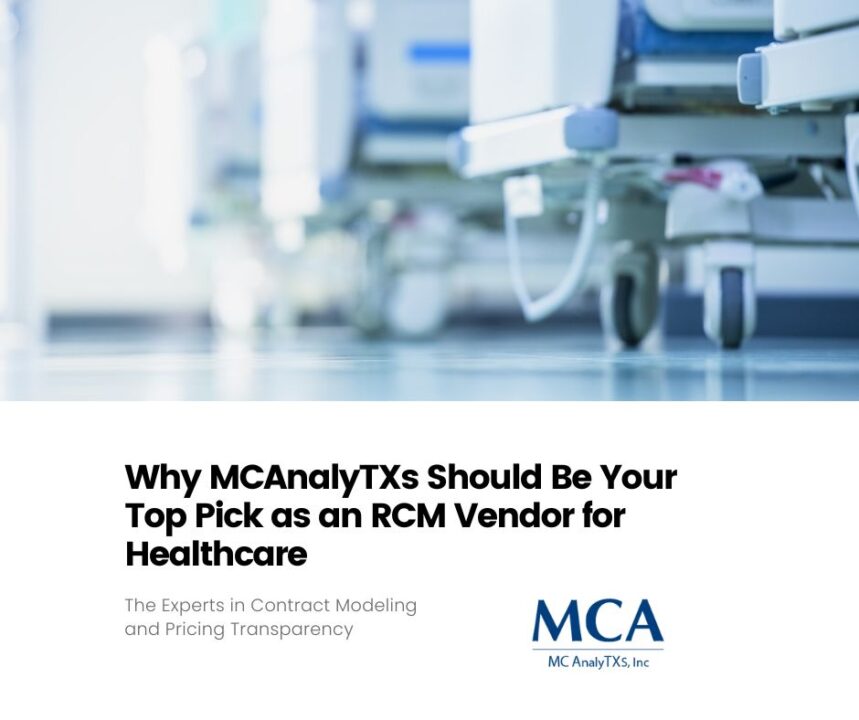
Driving Financial Gain through Revenue Cycle Management
February 28, 2024
Is Your Hospital Lagging on Innovation Efforts? The Top Healthcare Challenges + Opportunities
March 4, 2024A significant shift is underway in the healthcare industry, with an impressive half of healthcare leaders preparing to invest in new revenue cycle management (RCM) technology in the next year to eighteen months. This strategic move is fuelled by an urgent need to address several pressure points within the system.
Investment Drivers
Timely Patient Collections:
Mounting pressure for efficient billing processes has put timely patient collections in the spotlight. Healthcare providers are increasingly seeking ways to reduce the time between service delivery and payment receipt, which is essential for maintaining cash flow and operational efficiency.
Managing Denials:
Denials continue to be a thorn in the side of healthcare providers, translating into lost revenues and increased administrative tasks. With an enhanced RCM system, organizations stand a better chance at managing, appealing, and reducing denials effectively.
Hiring and Training Staff Challenges:
The pending year of 2024 brings with it the anticipation of difficulties in both hiring and training staff. A modernized RCM technology promises to streamline processes, potentially reducing the demand for specialized staff and making it easier to onboard new personnel.
Expected Benefits
By investing in advanced RCM technology, healthcare leaders are positioning themselves for a multitude of benefits, which include:
- Streamlined Revenue Cycle Operations:
New technology promises to fine-tune the nuts and bolts of revenue cycle operations, leading to enhanced efficiency in billing and collection activities. This means quicker turnaround times, fewer errors, and more reliable revenue streams.
- Reduced Administrative Overhead:
Automation is set to play a critical role in cutting down administrative workload, freeing staff from repetitive tasks, and redirecting their focus toward more value-adding activities.
- Improved Financial Health:
Through better management of claims and denials, alongside improved collection rates, new RCM technologies can bolster the financial performance of healthcare organizations.
- Enhanced Patient Experience:
At the core of healthcare delivery is the patient experience. Upgraded RCM systems will enable more transparent and user-friendly billing and payment processes, significantly boosting patient satisfaction and loyalty.
- Preparedness for Regulatory Changes:
Healthcare is an industry in flux, with regulations continually evolving. The right technology investment will ensure that healthcare leaders stay compliant and adaptable to upcoming changes in standards and laws, thereby mitigating associated risks.
Conclusion
Healthcare providers are on the cusp of a transformation, one that promises not only to uplift financial outcomes through optimized revenue cycle management but also to enhance the overall healthcare delivery to patients. With half of the industry’s leadership aiming to gear up their RCM systems, we stand at the brink of a significant advancement in healthcare administration—one where technology meets both the fiscal and ethical demands of the day.





